Emotional Intelligence is the power to understand emotions in ourselves as well as others. It dictates how well we manage our own emotions and react to the emotions of others. This emotional quotient (EQ) plays a greater role than one’s intelligence quotient (IQ) for achieving success and satisfaction in life.
However, spending more time in front of screens is reducing our ability to understand other people’s emotions. With lesser face-to-face interactions, our exposure to gauge the non-verbal and facial cues of people has lessened drastically. As a result, especially in the younger generation one is seeing a growing lack of empathy.
Our world is becoming more connected, but less caring.
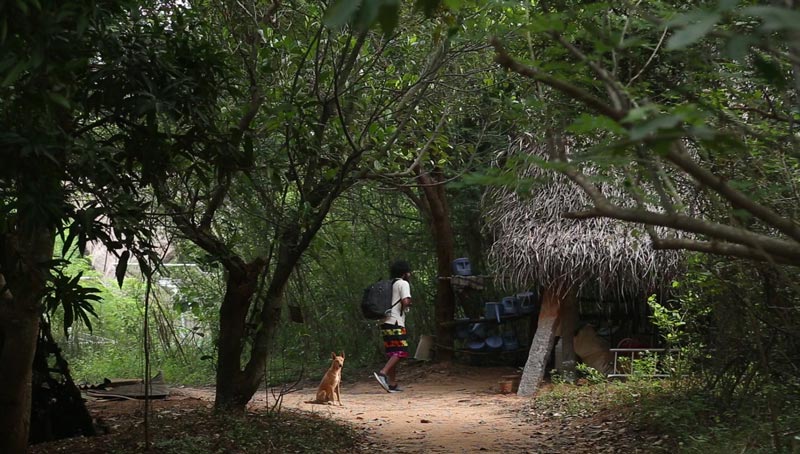
FOREST and COMPASSION
In the south of India, runs an unusual volunteer driven project called Sadhna forest. The vision of its founders, Yorit and Aviram Rozin, was to transform 70 acres of severely eroded, arid land on the outskirts of Auroville into a a vibrant, indigenous tropical dry evergreen forest. In a spirit of human unity, their aim was also to introduce a growing number of people to sustainable living, food security through ecological transformation, wasteland reclamation, and veganism. They have achieved this and much over the course of 15+ years with the help of over 5000 young volunteers from 50 + countries around the world.

Sadhana Forest is based on the principles of gift economy. It is not a business and does not generate income. All of the work is supported through gifts (donations). Gift economy differs from an exchange or barter economy because there are no expectations of reciprocity or quid pro quo. Goods and services are given freely out of the willingness of the donor without the promise of a reward or return.
“We have noticed that selflessness and gift-giving is contagious. The gift economy can and does work. One gift to another can start a chain reaction of “paying it forward.” Gift economy is not a single transaction (like in many market based economies) but a catalyst of many transactions of gifting and re-gifting. When implemented, all needs can be met within a gift economy. Sadhana Forest believes the world can be a richer and more beautiful place the more that we all give of ourselves freely.”
Sadhana Forest plants trees to grow forests for future generations. We expect nothing in return for our work and hope that all living beings, from the grasshopper to our grandchildren, can enjoy the rewards of our endeavours now and in perpetuity.
You can learn more about Sadhna and support their initiatives at this link: https://sadhanaforest.org/
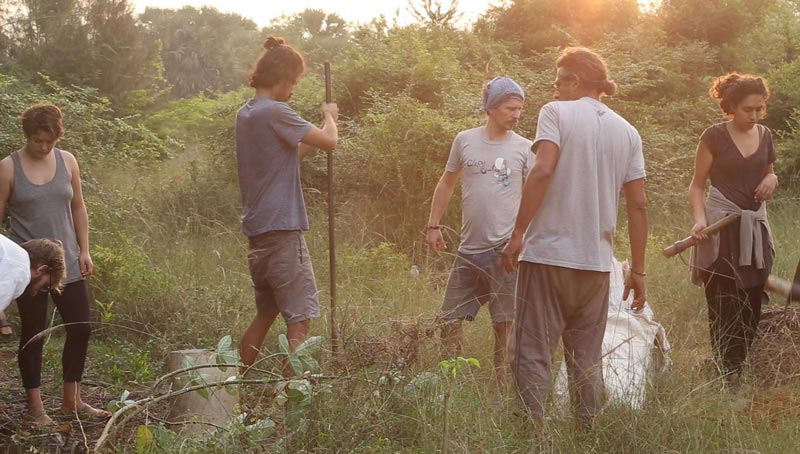
EXERCISES IN EMOTIONAL INTELLIGENCE
Psychologists have created models which define emotional intelligence through five key areas. In this section we will explore some nature based exercises to work on each of these areas and help us grow our emotional quotient.
Self-awareness: Taking a slow, silent walk in nature on your own is a great way to get in touch with your feelings. Avoiding other human and electronic distractions gives us the time to pay attention to what’s going on inside ourselves.
Self-management: In the Japanese concept of Shinrin-yoku (Forest Bathing) there are multiple ways of using the senses to find your inner calm. The simplest of all, is to lie in a safe space on the forest floor and gaze at the forest canopy and sky above. You could also choose to sit by a flowing stream or under an old tree.
Motivation: Motivation comes from joy, curiosity, or the satisfaction of being productive. Each of the seasons in nature give us many reasons to fill ourselves with awe, wonder and fascination. The more we grow our observation, the deeper our connection becomes.

Empathy: Empathy is the skill and practice of reading the emotions of others and responding appropriately. When someone volunteers for initiatives such as nature trail management, tree plantation drives, care for birds or animals etc. they being to expand their boundaries of self. In simpler more direct way, when one learns to care for others, it lays the foundation for better relationships and supports the development of empathy.
Social skills: Leading forest walks, connecting other people with nature and helping others to find their own calm is a great way to forge strong friendships and create conscious communities. Working on common causes which improve our living environment gives us a sense of purpose and fulfilment.
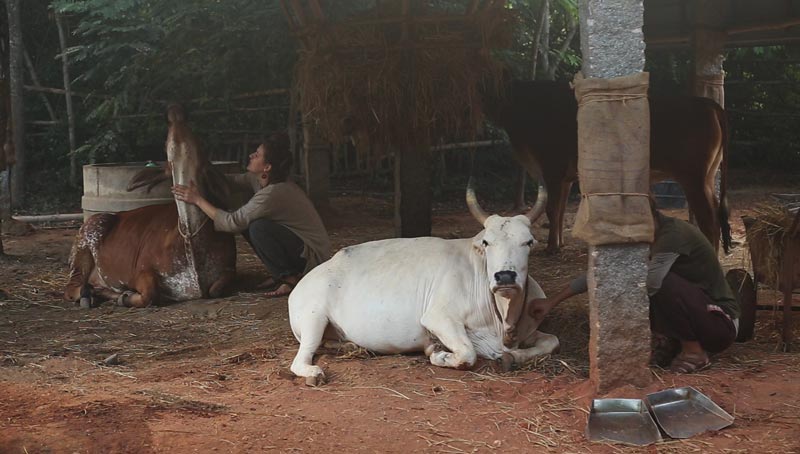
END NOTE:
The decline in empathy and compassion is a disturbing trend. Not just for the ageing population who will need care and attention but also for our environment and conservation efforts. Unless we grow our collective emotional intelligence we cannot hope to create a better future for all beings. As the wise saying from Greece goes – A society grows great when people plant trees whose shade they know they shall never sit in.
We hope this article planted some new ideas in your head. In the comments section please let us know of other nature based volunteering initiatives to grow our collective knowledge. You can subscribe to our monthly blog posts at this link. We are a small group of friends trying to find new ways to reconnect people with nature. Our aim is simple. Helping people heal. Helping forests heal.
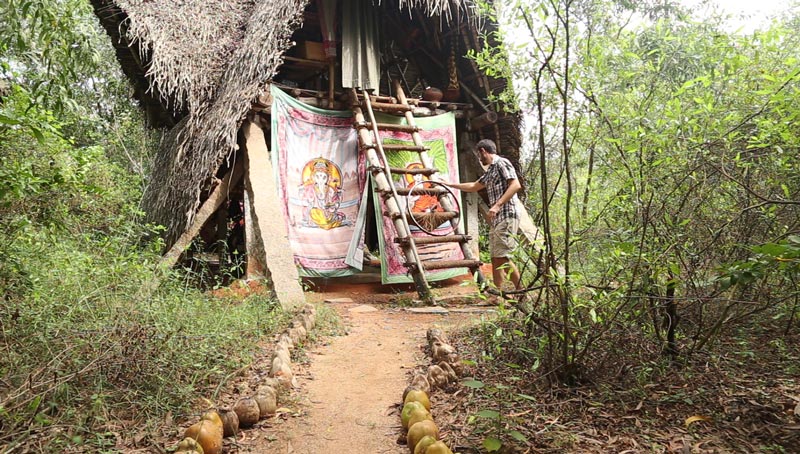
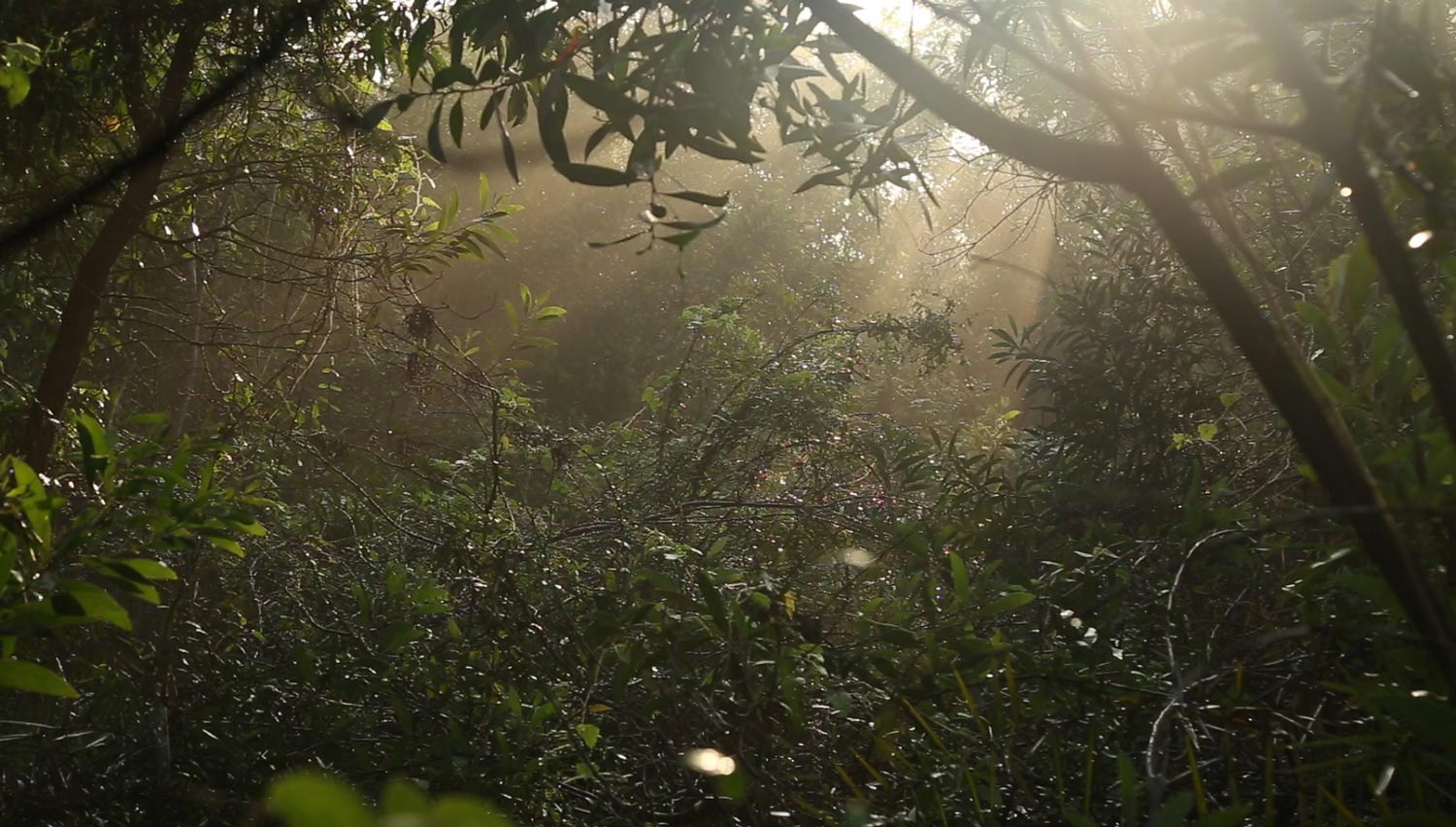



Inspiring…thank you so much.
LikeLiked by 1 person
I do look forward to your monthly news letter. It calms my soul! I go into the forest as often as I can. I loose myself in its beauty but also find myself in its coolness, colorful, strong, essence !
Thank you for all you do! ❤️🙏
LikeLiked by 1 person
How lovely and loving!
LikeLiked by 1 person